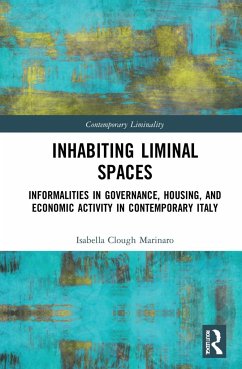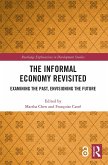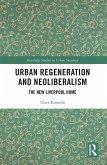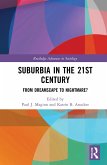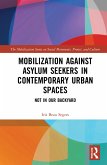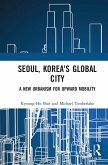This book draws together debates from two burgeoning fields, liminality and informality studies, to analyze how dynamics of rule-bending take shape in Rome today. Adopting a multiscalar and transdisciplinary approach, it unpacks how gaps and contradictions in institutional rulemaking and application force many residents into protracted liminal states marked by intense vulnerability. By merging a political economy lens with ethnographic research in informal housing, illegal moneylending, unauthorized street-vending and waste collection, the author shows that informalities are not marginal or anomalous conditions, but an integral element of the city's governance logics. Multiple actors together construct the local cultural norms, conventions and moral economies through which rule-negotiation occurs. However, these practices are ultimately unable to reconfigure historically rooted power dynamics and hierarchies. In fact, they often aggravate weak urbanites' difficulties in accessing rights and services. A study that challenges assumptions that informalities are predominantly features of developing economies or limited to specific groups and sectors, this volume's critical approach and innovative methodology will appeal to scholars of sociology and anthropology interested in social theory, urban studies and liminality.
"This book is a rare and successful blend of ethnographic thickness and conceptual depth. The fascinating case study of economy and governance in the city of Rome is elevated to a more general discussion of informality and liminality in the economic, political and cultural fields that will be of interest to scholars across a wide range of fields, including sociology, urban studies, economic and political anthropology and Italian studies."
Bjørn Thomassen, Roskilde University, Denmark
Bjørn Thomassen, Roskilde University, Denmark

